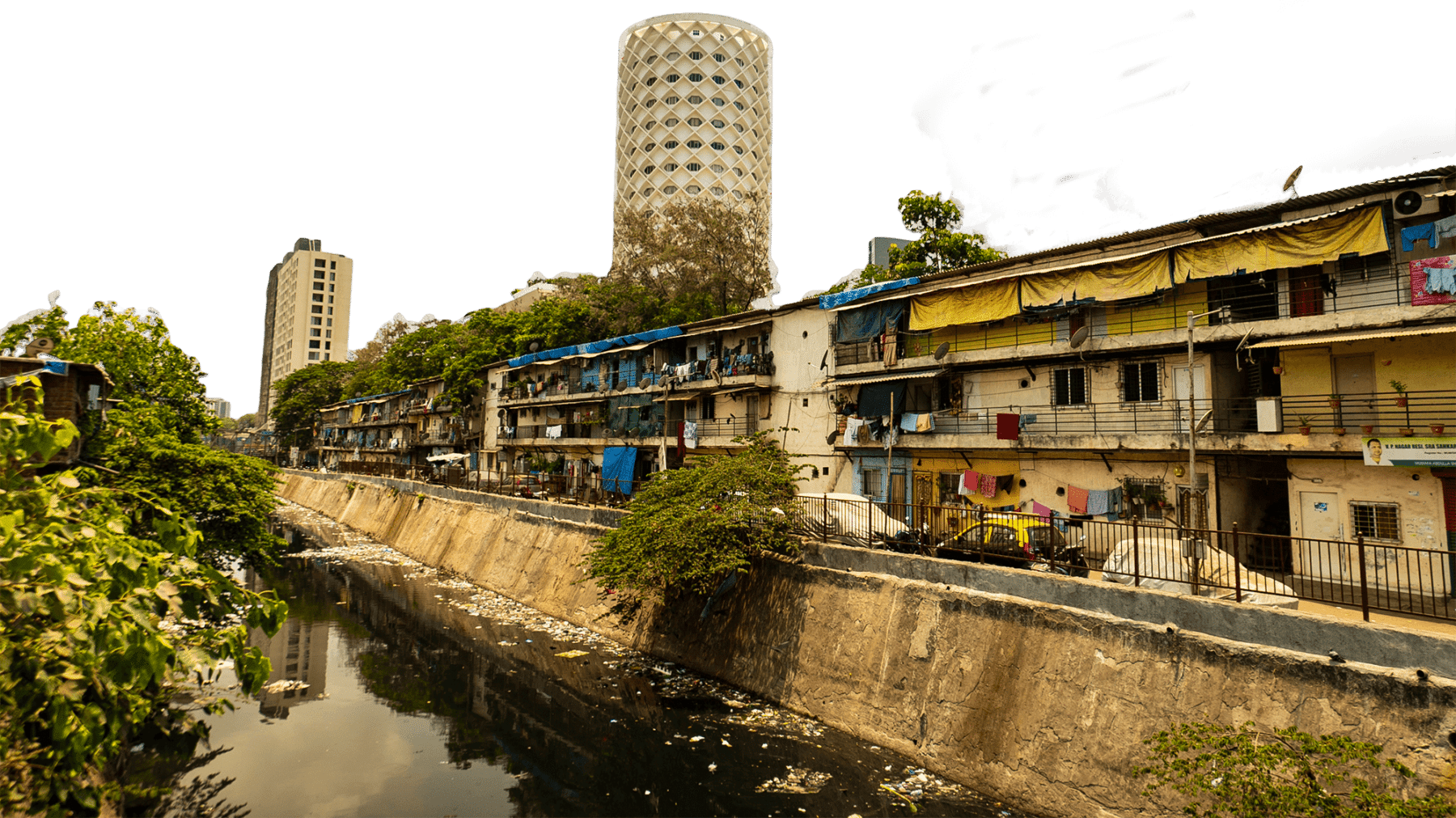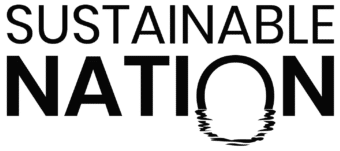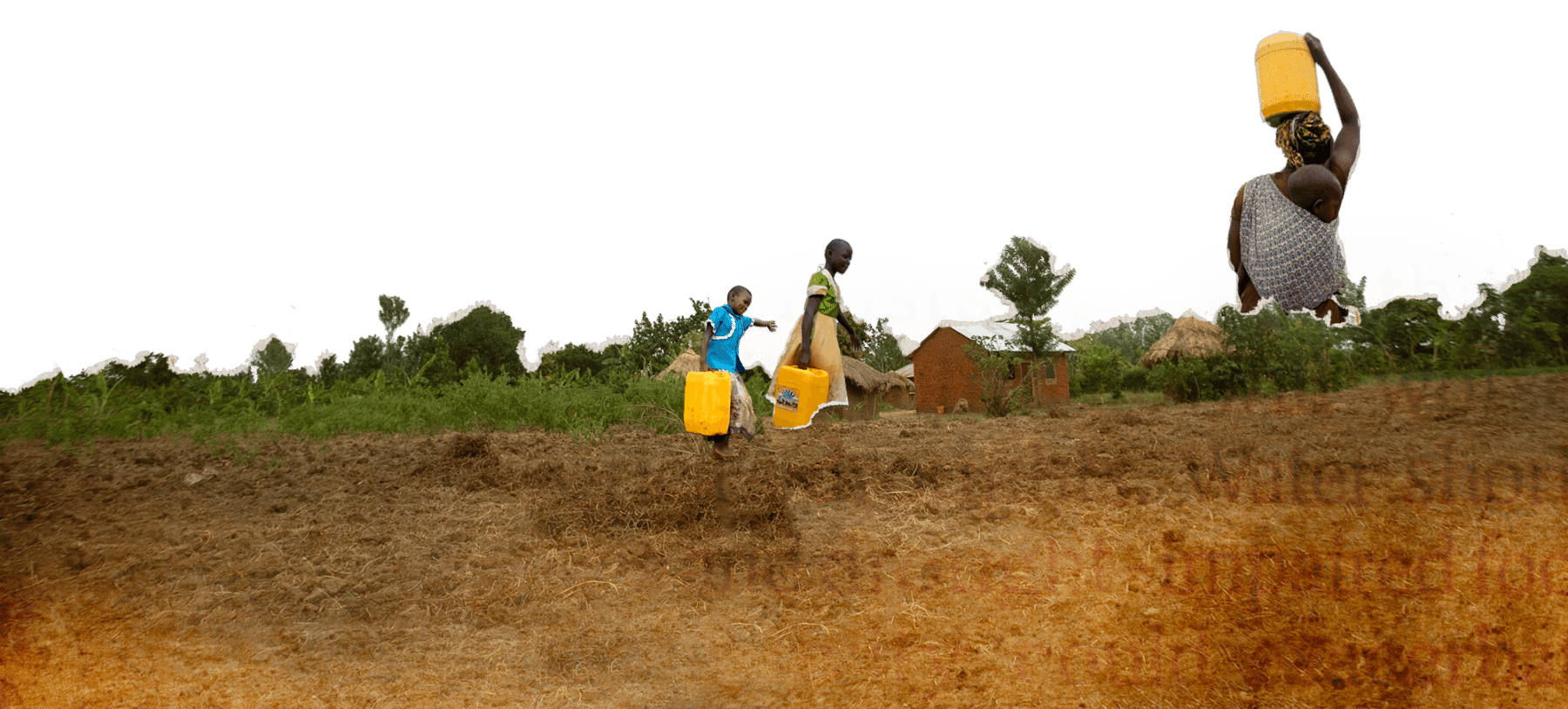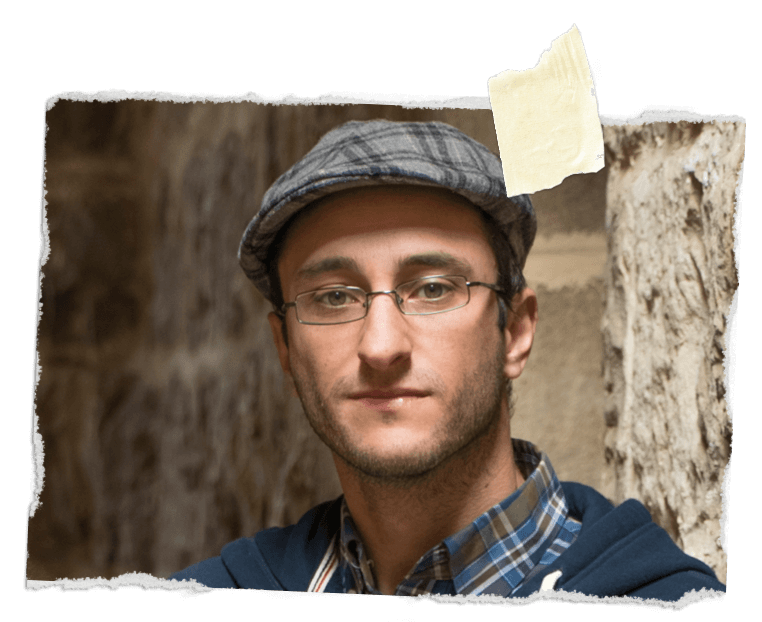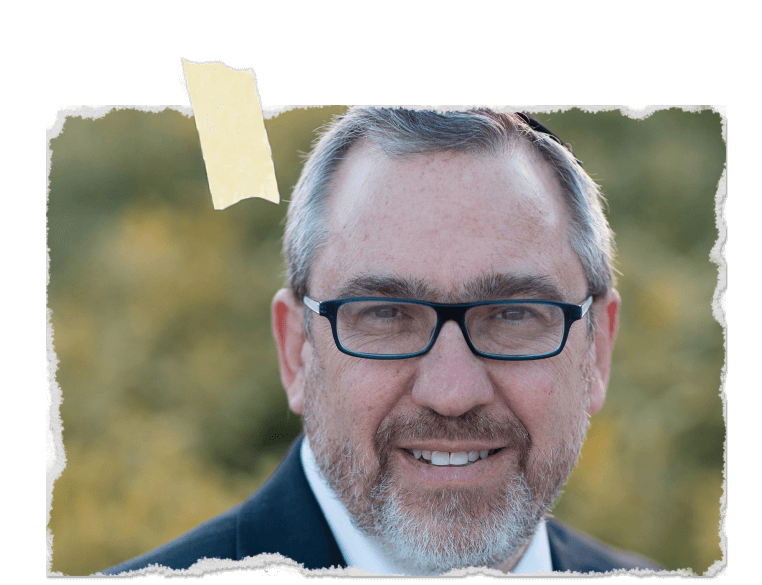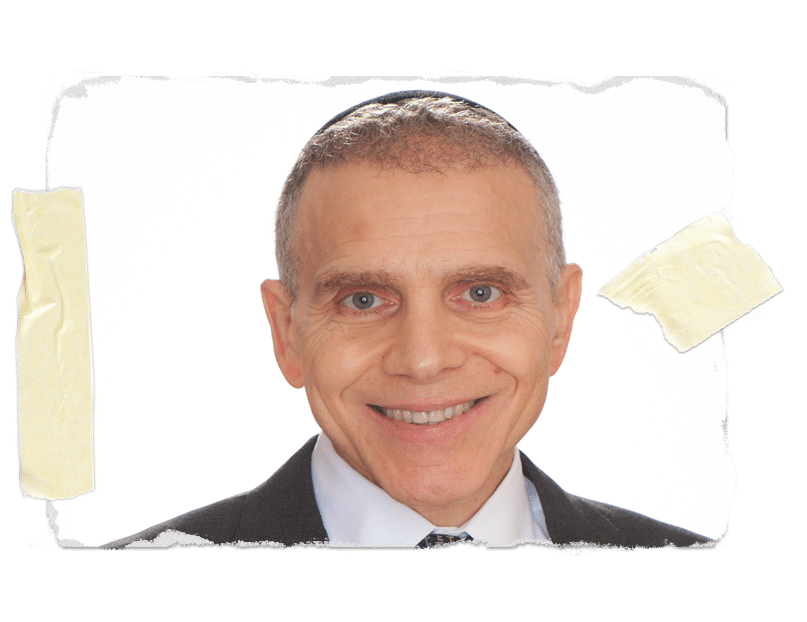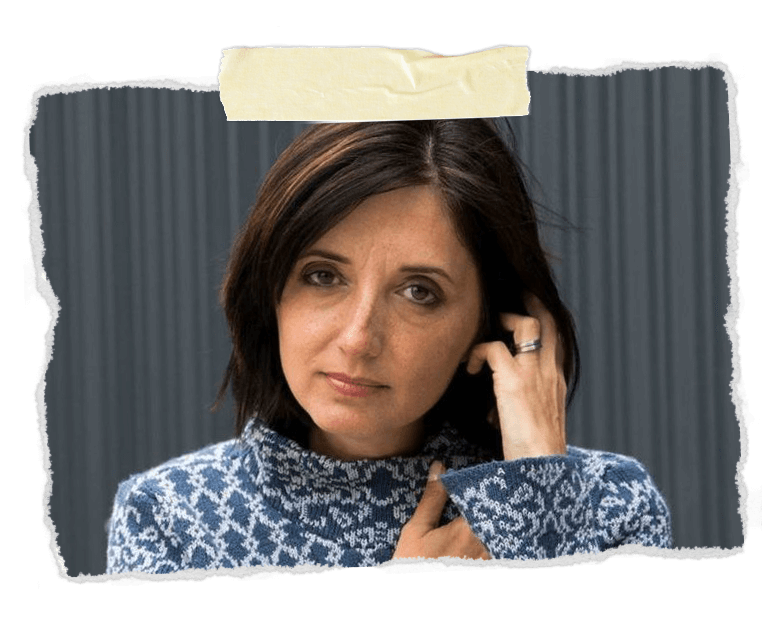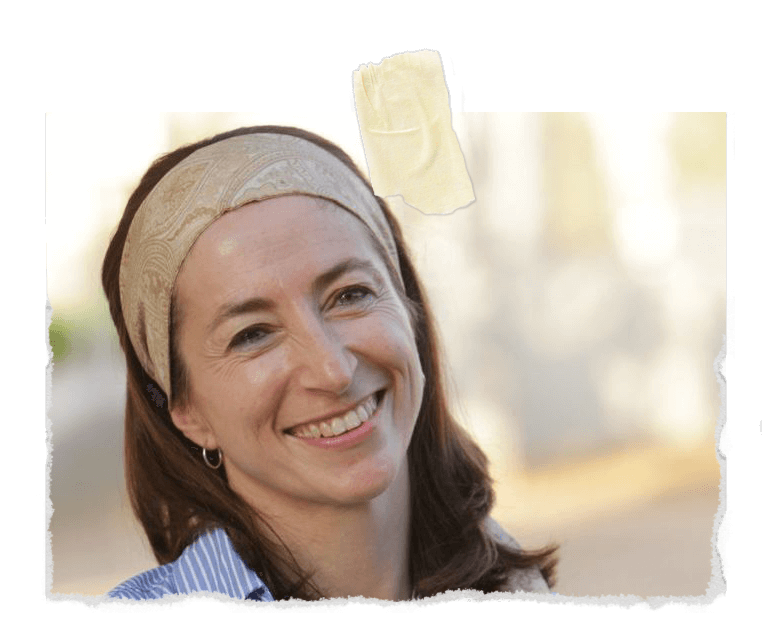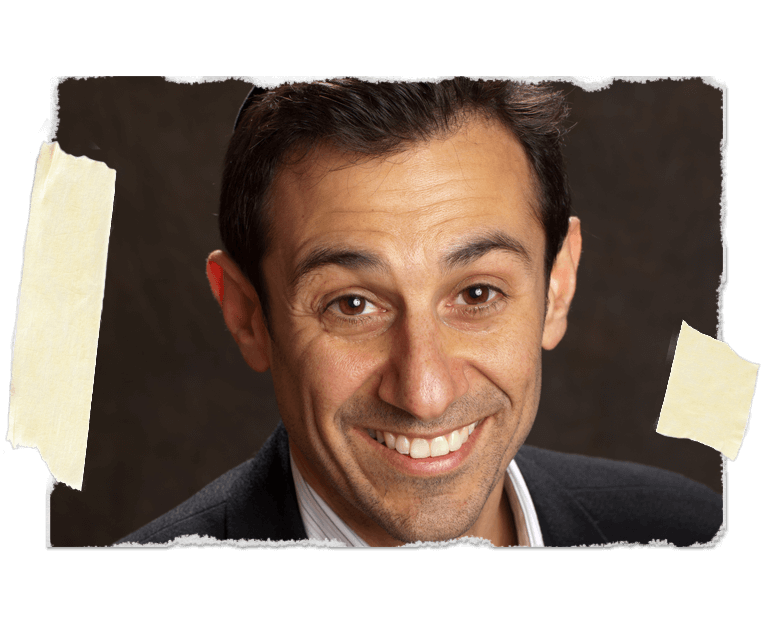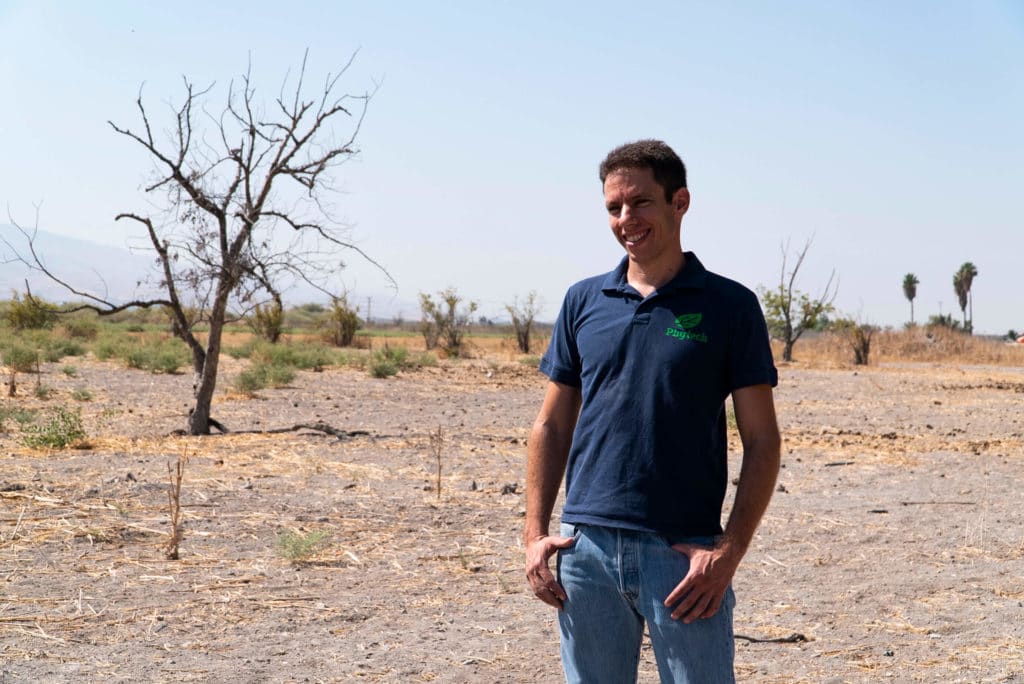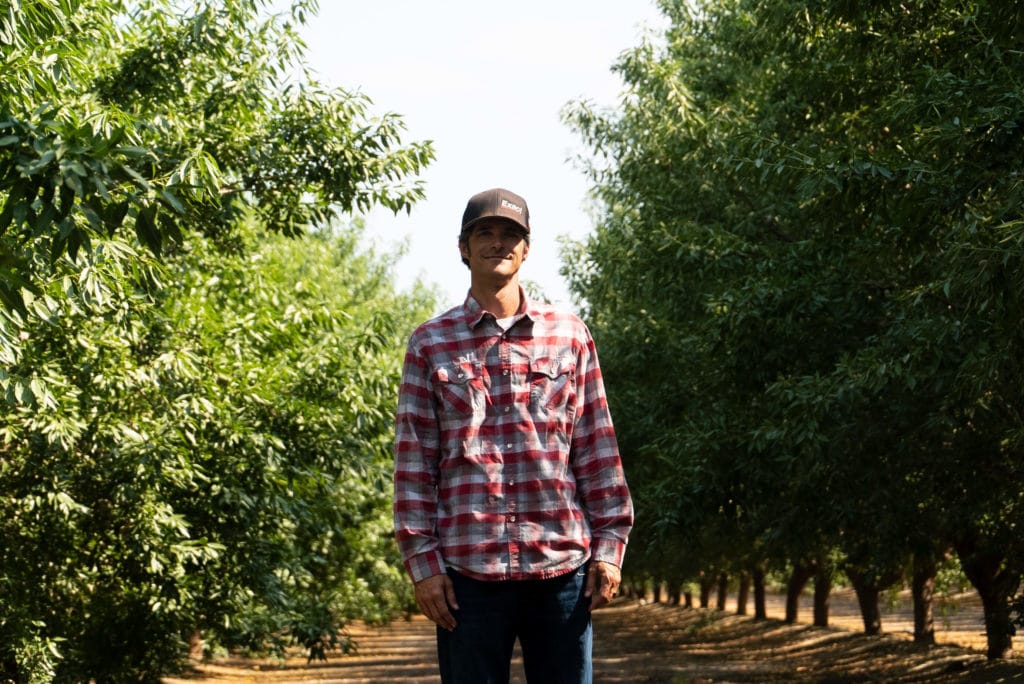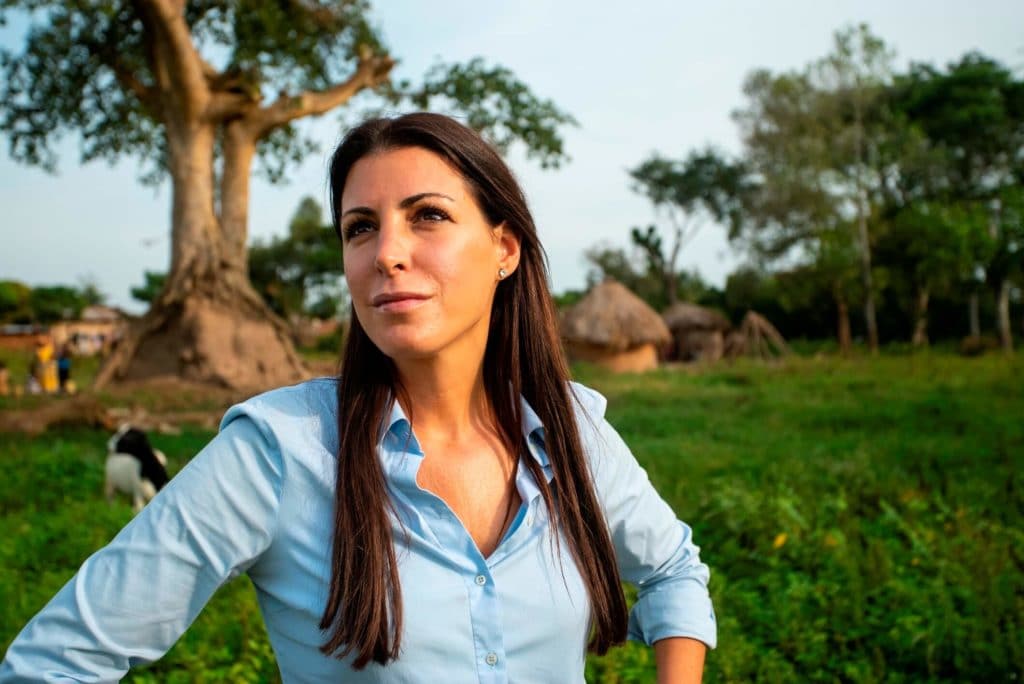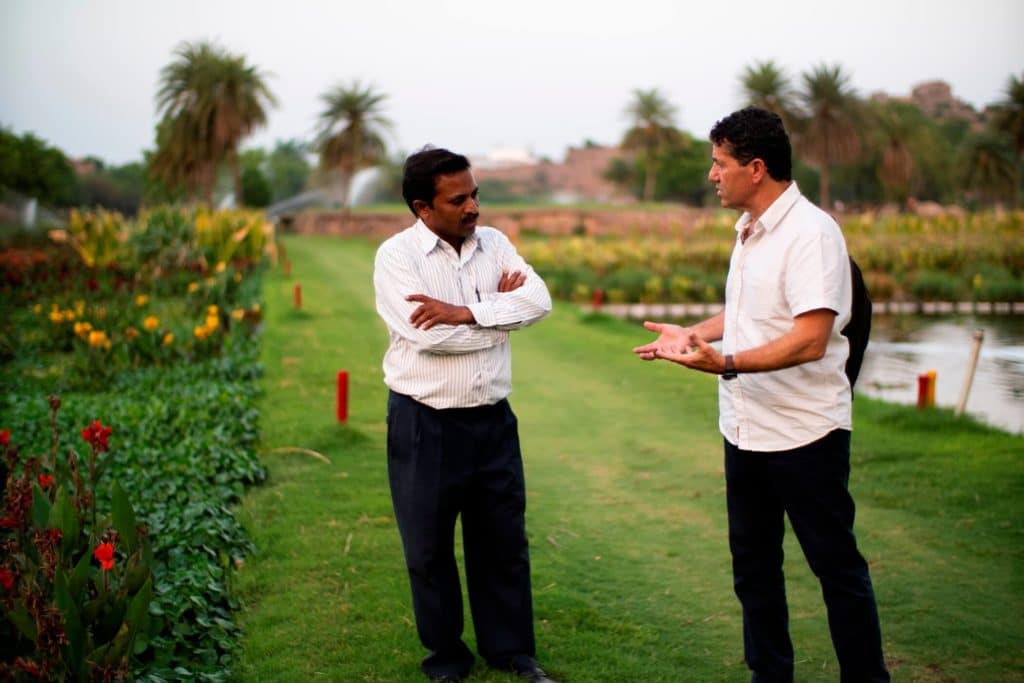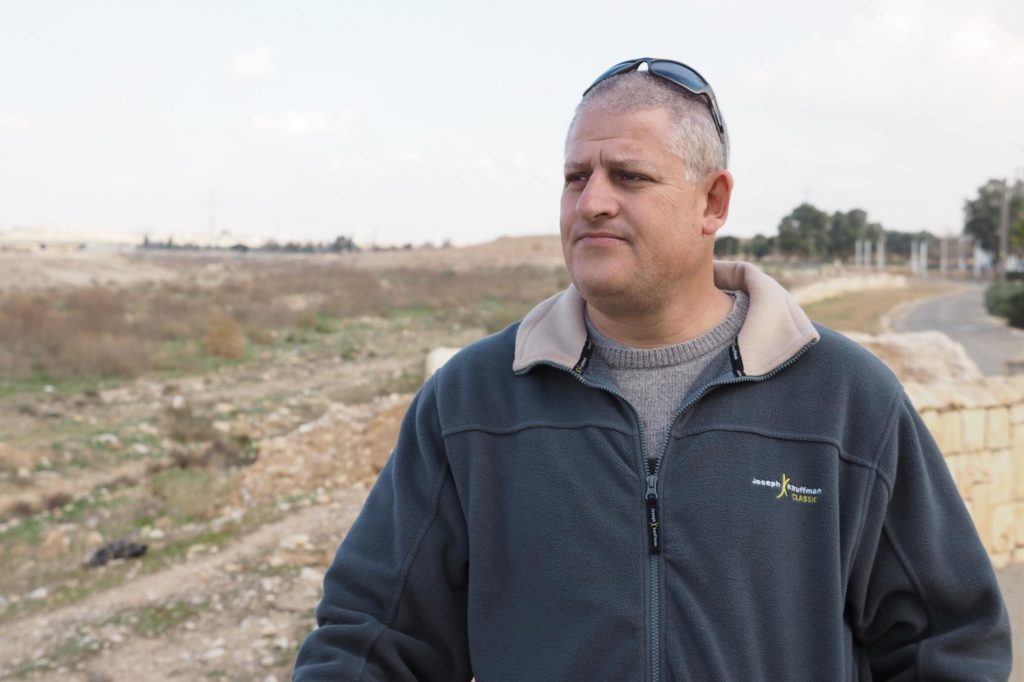About the Film
Sustainable Nation, the new hour-long documentary from Imagination Productions, follows three individuals who are doing their part to bring sustainable water solutions to an increasingly thirsty planet.
Using solutions developed in water-poor Israel, they are working to change the status quo of a world where one in ten people lacks access to safe drinking water.
But water is just the beginning. The work of this visionary trio highlights the nexus between food, energy and water and underscores how solving these enormous challenges can help free women, and the world, from life-threatening poverty, illness and lack of opportunity.
From the creators of Netflix-featured Beneath the Helmet: From High School to the Home Front, and PBS-featured Israel Inside: How a Small Nation Makes a Big Difference, Sustainable Nation shows how fixing global water issues is not only a matter of life and death but the start of healing the world.

